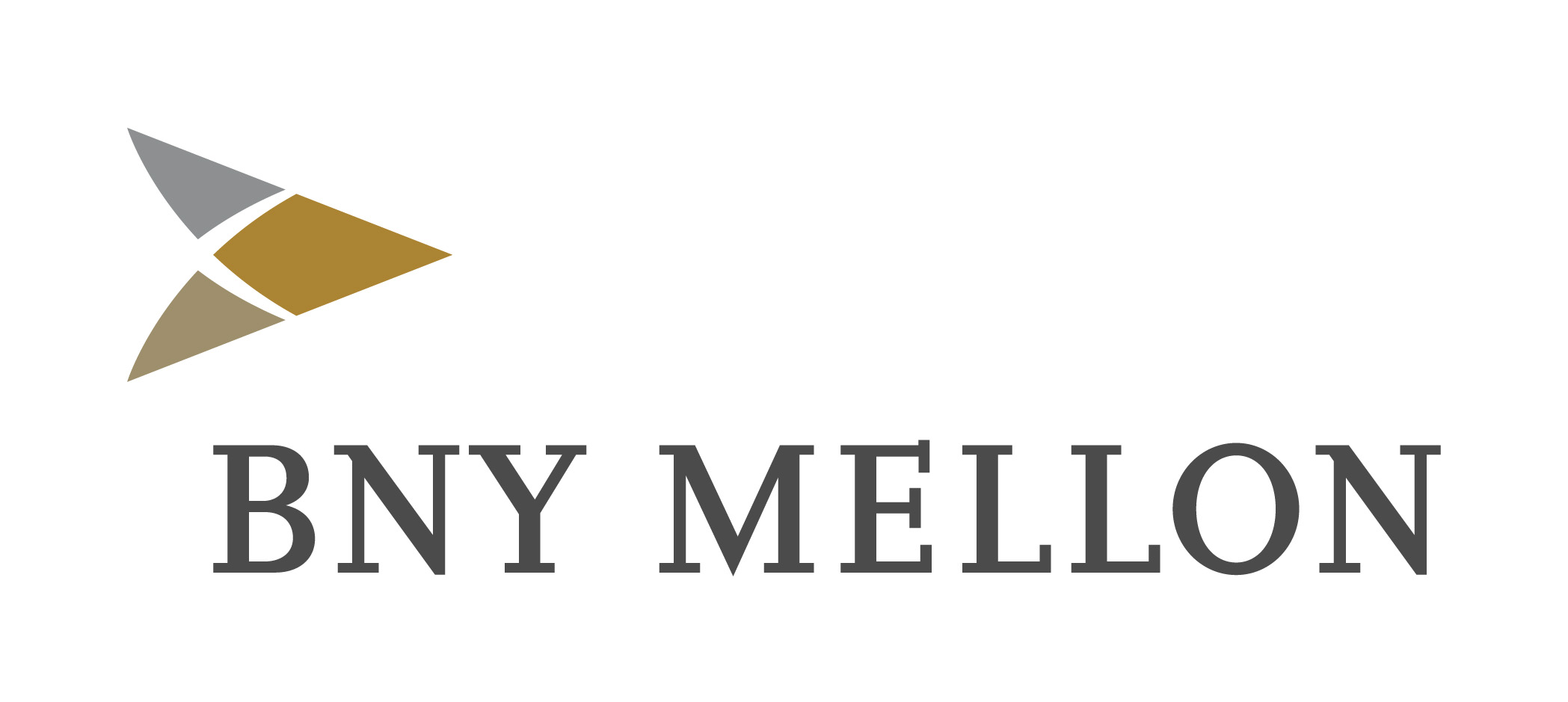Why Rule of Law is Critical to Women’s Empowerment and Sustainable Development
Jyoti Chopra: Why Rule of Law is Critical to Women’s Empowerment and Sustainabl…
Diversity and inclusion – in all its dimensions – is a business imperative that sparks innovation, fuels transformation and drives sustainable financial and economic performance. Gender equality was in the spotlight at the recent United Nations (UN) Commission on the Status of Women 60th Session side event, “Gender, Justice and Sustainable Development.” I joined representatives from UN member states, the private sector and civil society to discuss the interrelationship between gender and justice in achieving the ambitious 2030 Agenda for Sustainable Development.
There is mounting evidence that empowering women means a more efficient use of a nation’s human capital and that improving gender equality enhances productivity and economic growth. As my co-panelist Kweilin Ellingrud, partner and lead of the Closing the Global Gender Gap initiative at McKinsey, pointed out, we can’t have progress if we’re leaving half the population behind. She shared the results from the McKinsey Global Institute’s 2015 “The Power of Parity” report, which found that advancing women’s equality could add $12 trillion to global GDP by 2025.
Yet, while women’s economic potential is immense, women’s empowerment continues to be impacted by a range of issues globally. In terms of basic safety alone, women may be the victims of violence and harassment, or suffer from bias and micro-aggressions. They may not be provided with or have equal access to the knowledge, tools and resources to make economic decisions. They may lack a voice or sponsorship for advancement in the workplace. Alejandro Alvarez, team leader for Rule of Law, Justice, Security and Human Rights at the United Nations Development Programme, noted in his comments that women globally most use the justice system and legal aid for property, inheritance and gender-related violence issues. Worryingly, the World Bank’s 2016 “Women, Business and the Law” report found that women are treated equally under the law in less than a quarter of economies worldwide.
My fellow panelists – Ambassador Lana Nusseibeh, Permanent Representative of the United Arab Emirates to the UN; Dr. Purna Sen, director of policy for UN Women; Karen Mulahuser, national chair of the UN Association of the USA; Ms. Ellingrud; and Mr. Alvarez – and our moderator, Dr. Daniela Ligiero, vice president of Girls and Women Strategy at the UN Foundation (UNF), agreed that in developed and emerging markets alike, significant strides need to be made to economically empower women.
At BNY Mellon, we believe that rule of law – the legal principle that law should govern a nation – is a critical component in advancing gender equality and women’s economic empowerment globally. Rule of law can protect human rights, facilitate equality and enable citizens and businesses to safely and freely fulfill their goals. Importantly, it can also help to create investment opportunities by improving governance to decrease investment and business risk. Increased capital flow to the developing world from mainstream investors can have a transformative effect, helping those countries grow their economies and provide jobs, while creating attractive new social finance investment opportunities – those that have a financial return and a positive social or environmental impact.
We’re proud to partner with UNF to advance goal #16 and rule of law within the Sustainable Development Goals. I witnessed firsthand how impactful UNF’s work can be while I was at UNICEF in the 1990s, and today, I see that rule of law could have an outsized impact on women, from human rights to economic empowerment. Currently, 8-10 million formal small- and medium-sized enterprises in emerging markets are fully or partially owned by women, and they’re more vulnerable to financial and nonfinancial barriers than men, according to research from the International Finance Corporation and the Global Partnership for Financial Inclusion.
We believe that if we’re going to achieve the ambitious agenda of advancing women’s economic empowerment and closing the global gender gap, then cross-sector collaboration and public-private partnerships to successfully implement, measure and advance rule of law over time in developed and developing markets are necessary.

